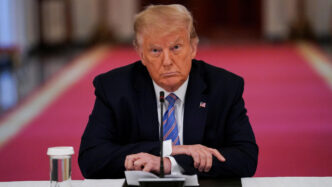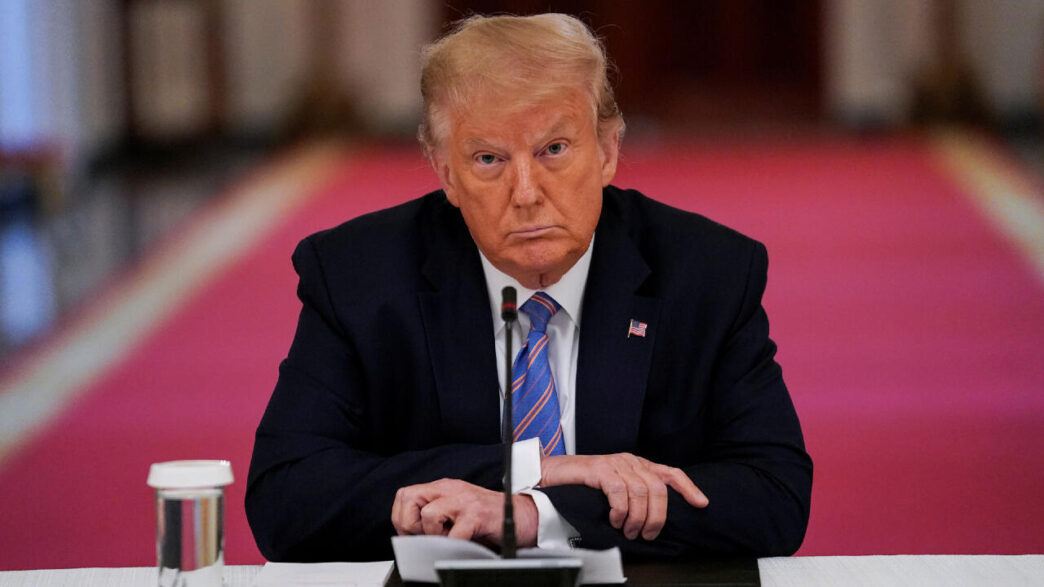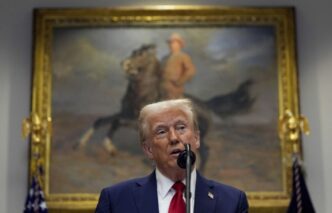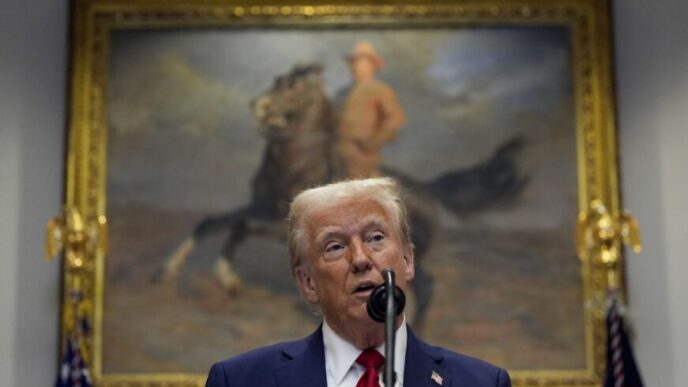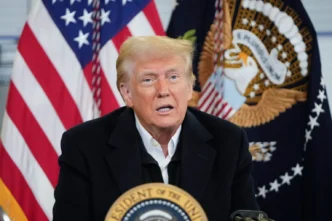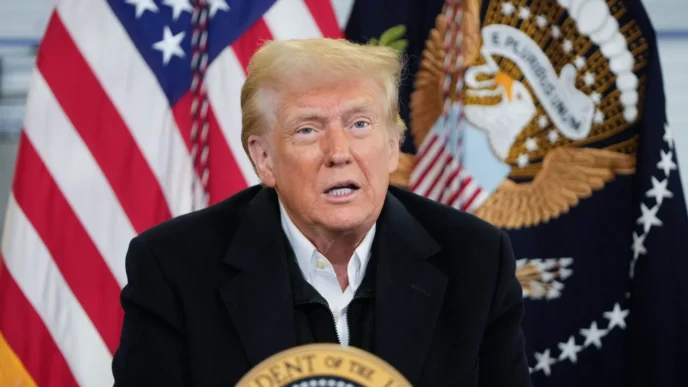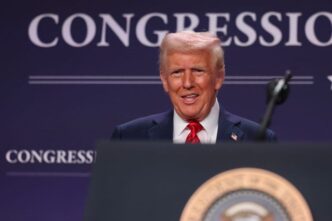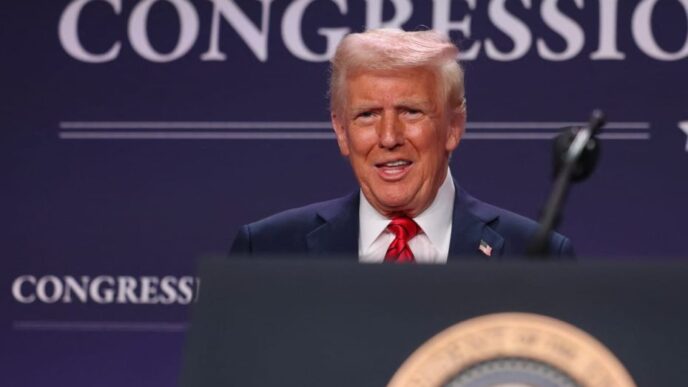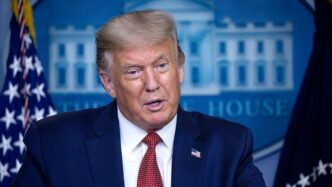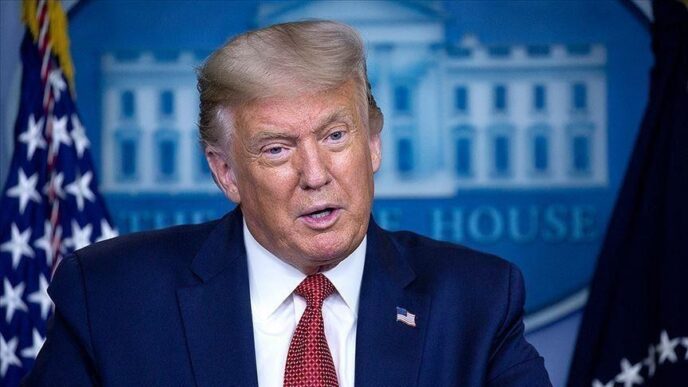In a bold and controversial move, President Donald Trump has announced the United States’ withdrawal from the World Health Organization (WHO), citing its alleged mishandling of the COVID-19 pandemic and other global health crises.
Trump signed the executive order on Monday, January 20, declaring that the WHO’s actions have been heavily influenced by political biases and failed reforms.
“The World Health Organization ripped us off, everybody rips off the United States. It’s not going to happen anymore,” Trump stated during the signing ceremony.
He emphasized that the US has been paying disproportionately higher contributions compared to other countries, such as China, despite the organization’s failure to act independently.
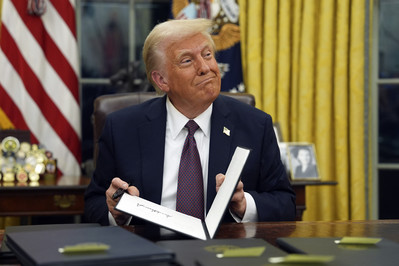
The withdrawal, set to take effect in 12 months, will end US financial contributions to the WHO, which accounts for approximately 18 percent of its overall funding.
Trump accused the organization of aiding China in allegedly covering up the origins of the COVID-19 pandemic, stating,
“The WHO mishandled the pandemic that arose out of Wuhan, China, and has shown an inability to demonstrate independence from inappropriate political influence.”
Critics have condemned the decision, warning of potential global repercussions. Dr. Ashish Jha, former White House COVID-19 response coordinator, described the move as a “strategic error.”
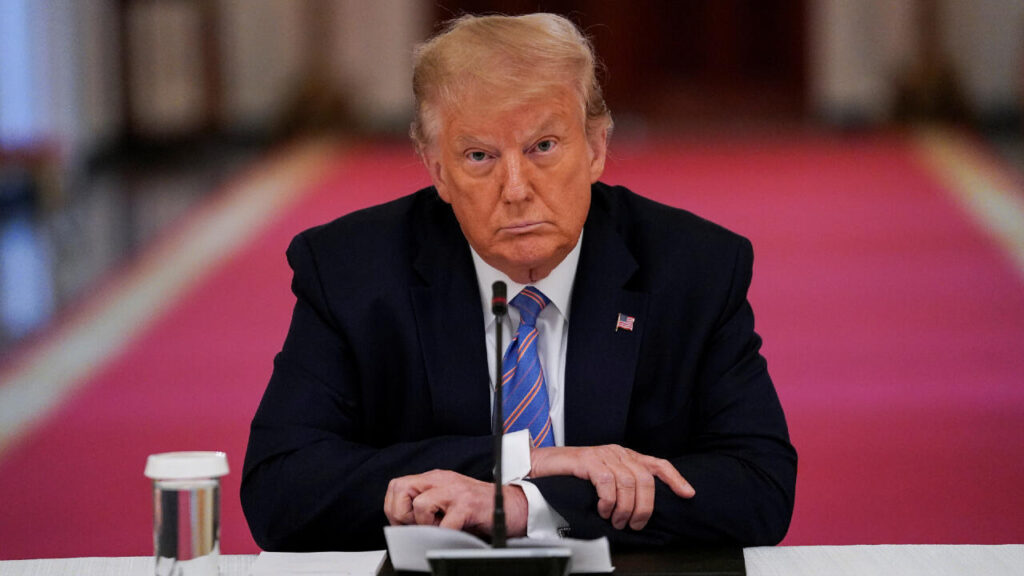
In an interview with CNN, Jha stated, “WHO is a pretty essential organization — and with America’s withdrawal, it creates a political vacuum that only one country can fill — and that is China.”
He cautioned that China could gain more global influence as a result of this decision, stepping up in the absence of US leadership and funding.
This marks the second time Trump has sought to pull the US out of the WHO, after his 2020 attempt during the height of the COVID-19 pandemic.
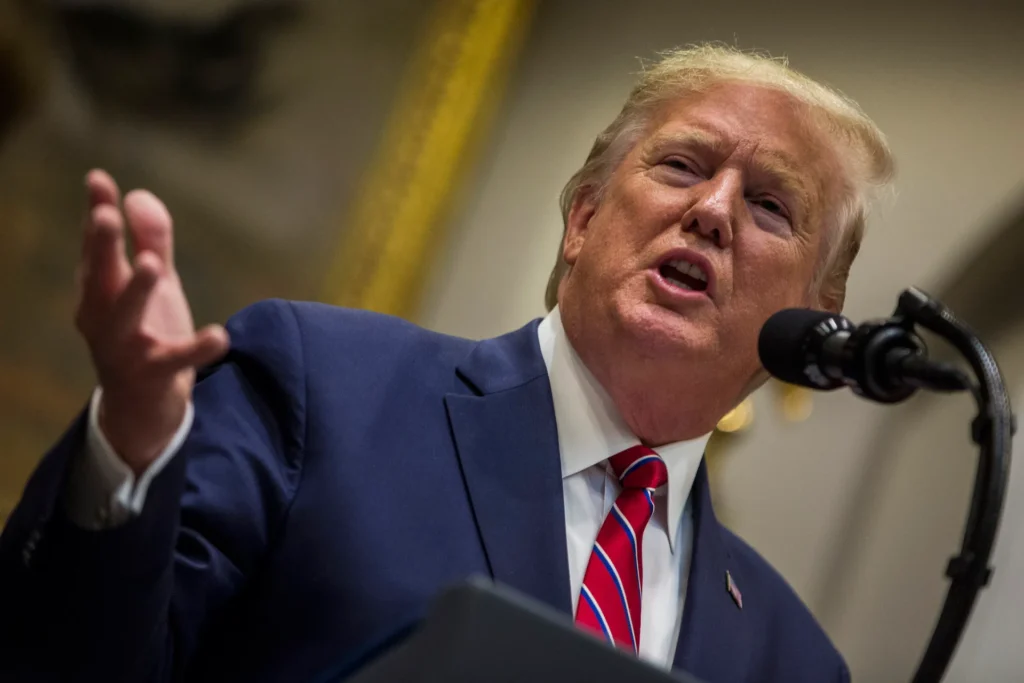
However, former President Joe Biden reversed that decision upon taking office in 2021.
Trump’s latest move has reignited debates about the US’s role in global health, with some viewing it as a strong stance against inefficiency and political bias, while others fear it could weaken international collaboration in fighting health crises.
